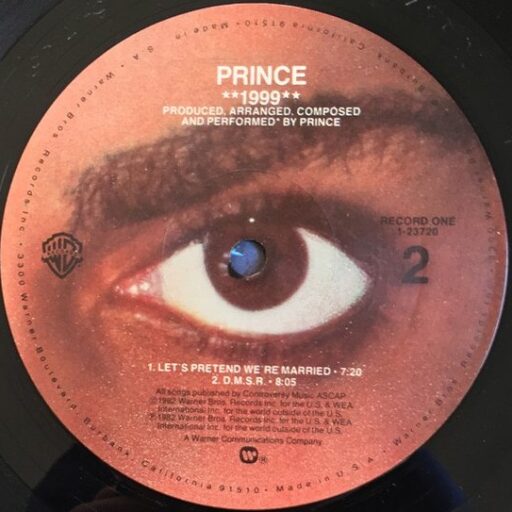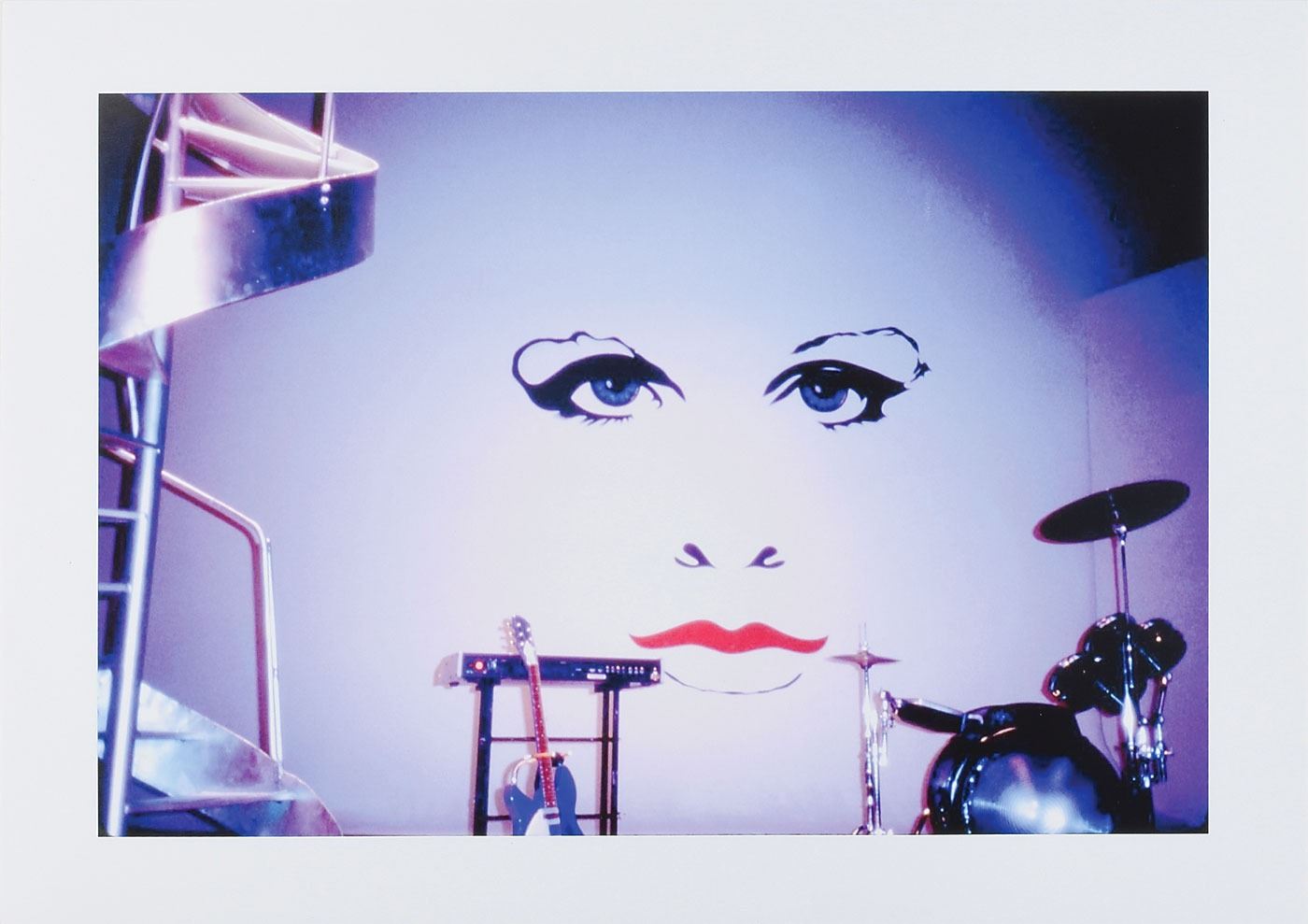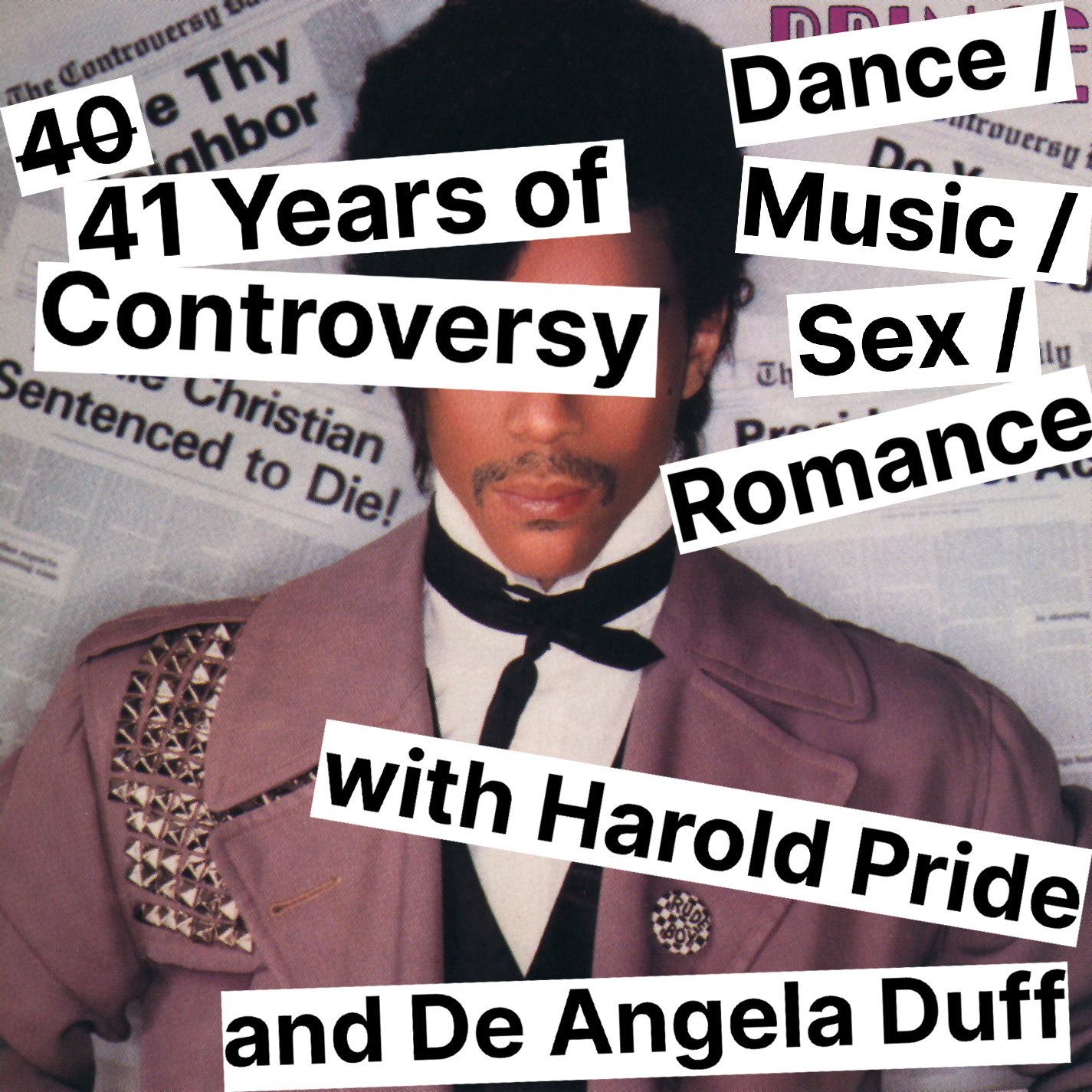Tag: ben greenman
-
Controversy, Part 3: Do I Believe in God? Do I Believe in Me?
More even than race and sexuality, the distinction between “God” and “me”–the sacred and the secular, the spirit and the flesh, etc.–was the prevailing theme of Prince’s career.
-
Podcast: Am I Straight or Gay – A Conversation with Snax
This episode, I’m taking a little break from the University of Salford Purple Reign conference to talk to musician Paul Bonomo, a.k.a. Snax. We discuss Prince’s professional and personal impact on Paul, of course, but we also speak more broadly to the two-way flow of influence between Prince and gay culture–an area that’s been vastly…


